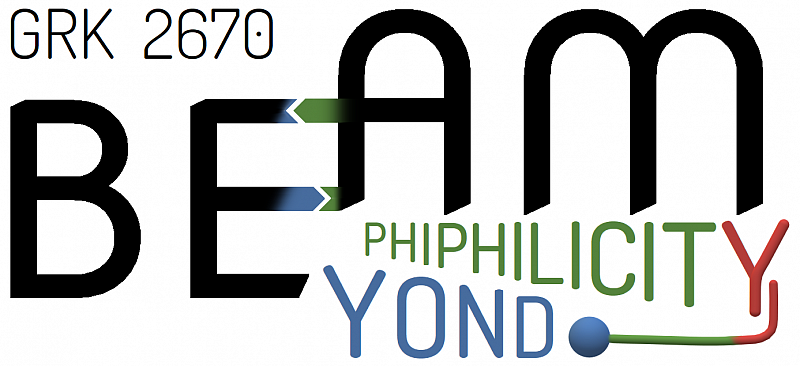Student Talents
(Vorländer cohort)
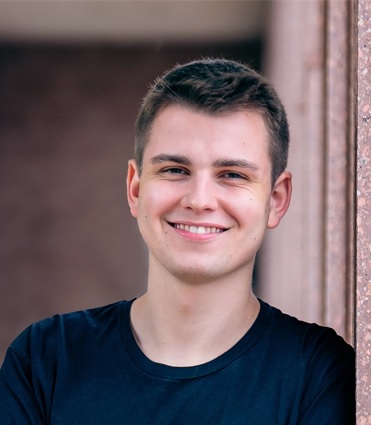
Philipp Hesse
Nominated by: Prof. Kirsten Bacia
Contact: philipp.hesse@student.uni-halle.de
My motivation in developing a further understanding for the complexity of life defines my scientific research and studies as a biochemist. I believe that we can only face the upcoming issues of our modern world by working together as a team and by increasingly communicating the fundamentals of science to the width of society.
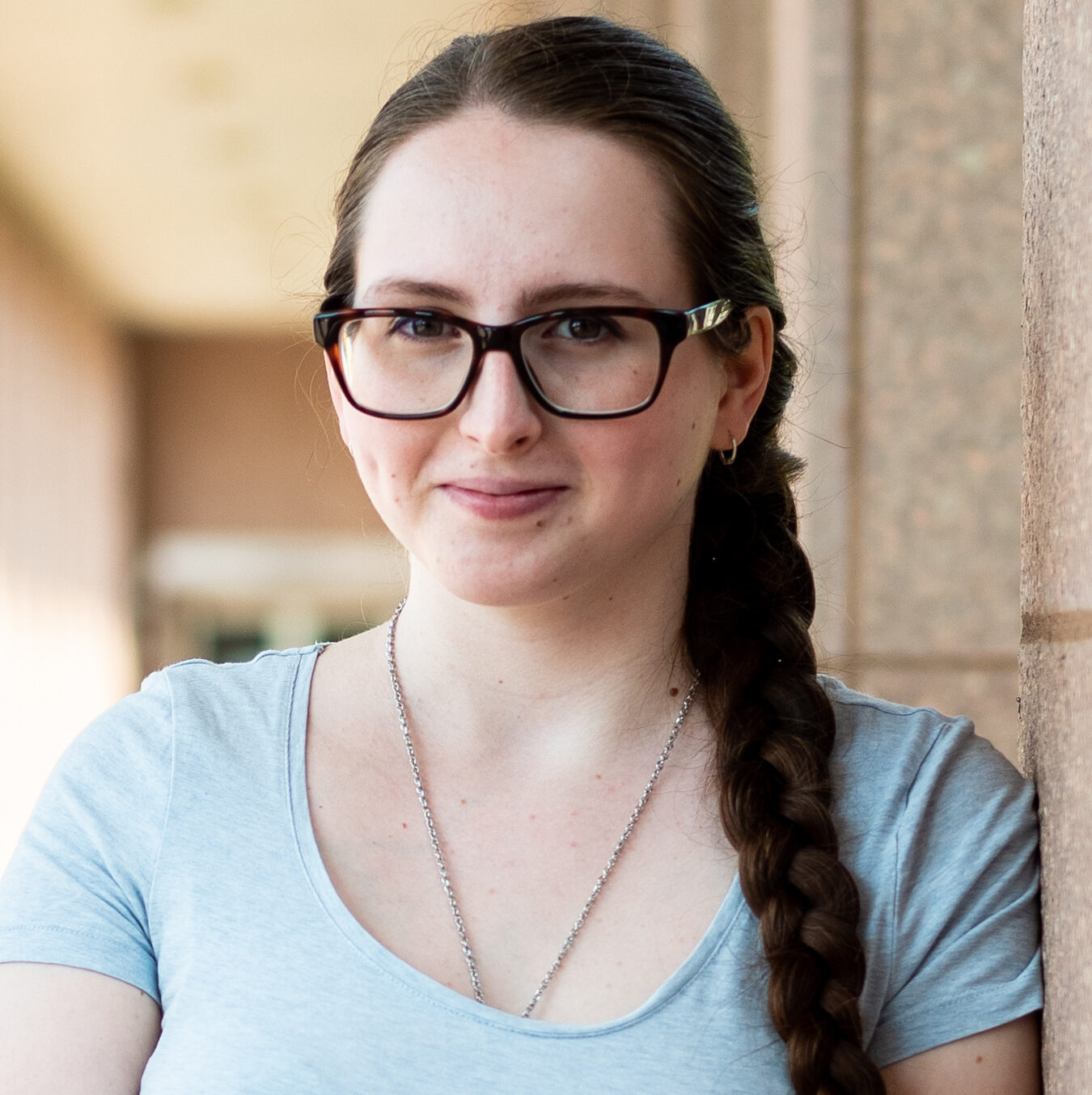
Vanessa Jerschabek
Nominated by: Prof. Dariush Hinderberger
Contact: vanessa.jerschabek@student.uni-halle.de
The magic of science is stumbling over unexpected new discoveries and trying to understand and explaining those. Every little detail we discover will lead to a better understanding of nature and its smallest processes even if we do not know yet the purpose when we observe it first. I am looking forward for every little discovery we will find and which new ways we will pass down the road while working to put a new light on the complexity of amphiphilicity and all its facets.
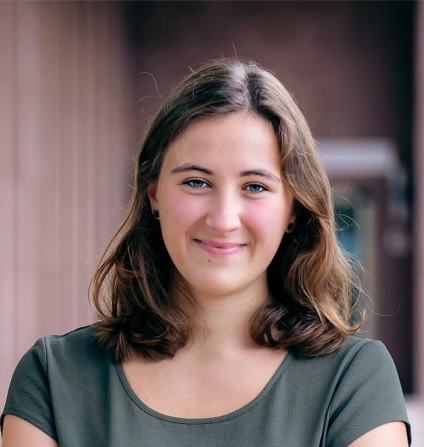
Marlene Schneider
Supervisor: Prof. Dariush Hinderberger
Contact: rosa.schneider@chemie.uni-halle.de
My name is Marlene Schneider. Since 2019 I have been studying food chemistry at Martin-Luther-Universität. In my opinion the project “Beyond Amphiphilicity” shows the diversity and the importance of chemistry which surrounds us every day. I am motivated to learn more about it and so I am looking forward to working in a group to get an insight into work especially into the scientific research of the project.
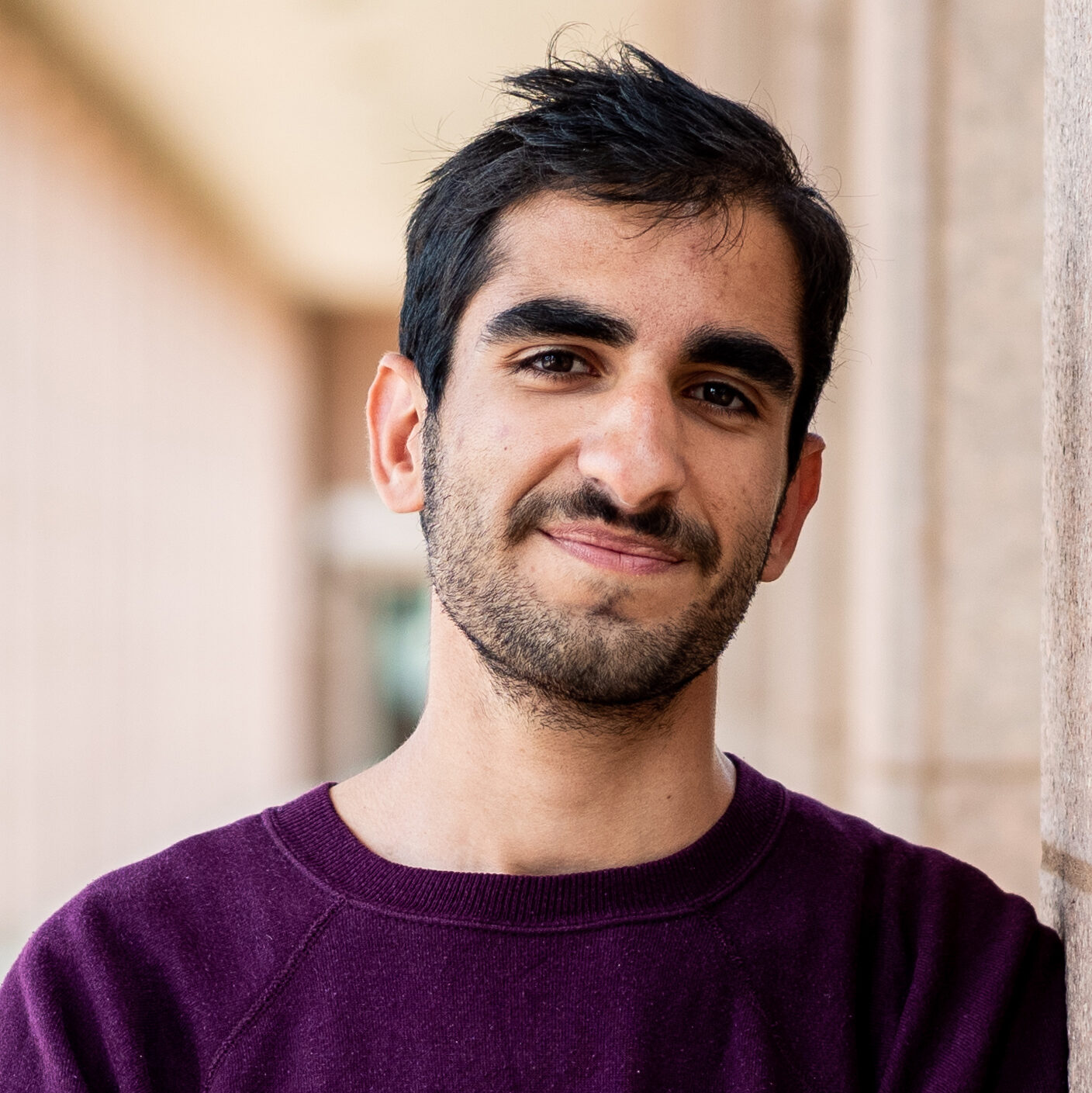
Ali Hammoudi
Nominated by: Prof. Kirsten Bacia
Contact: ali.hammoudi@student.uni-halle.de
The overwhelming urge for an inherent understanding of life led me to the path of Biochemistry. It is truly stunning how the nature produced a species, which is able to comprehend the complexity of life itself. The contributions of life sciences to this matter are too many and too wondrous to do justice to; being gifts given to a well deserving world. People are calling out once more to science to lead, with our world being beset on all sides by critical dilemmas. A great responsibility, which holds a lot of chances in it.
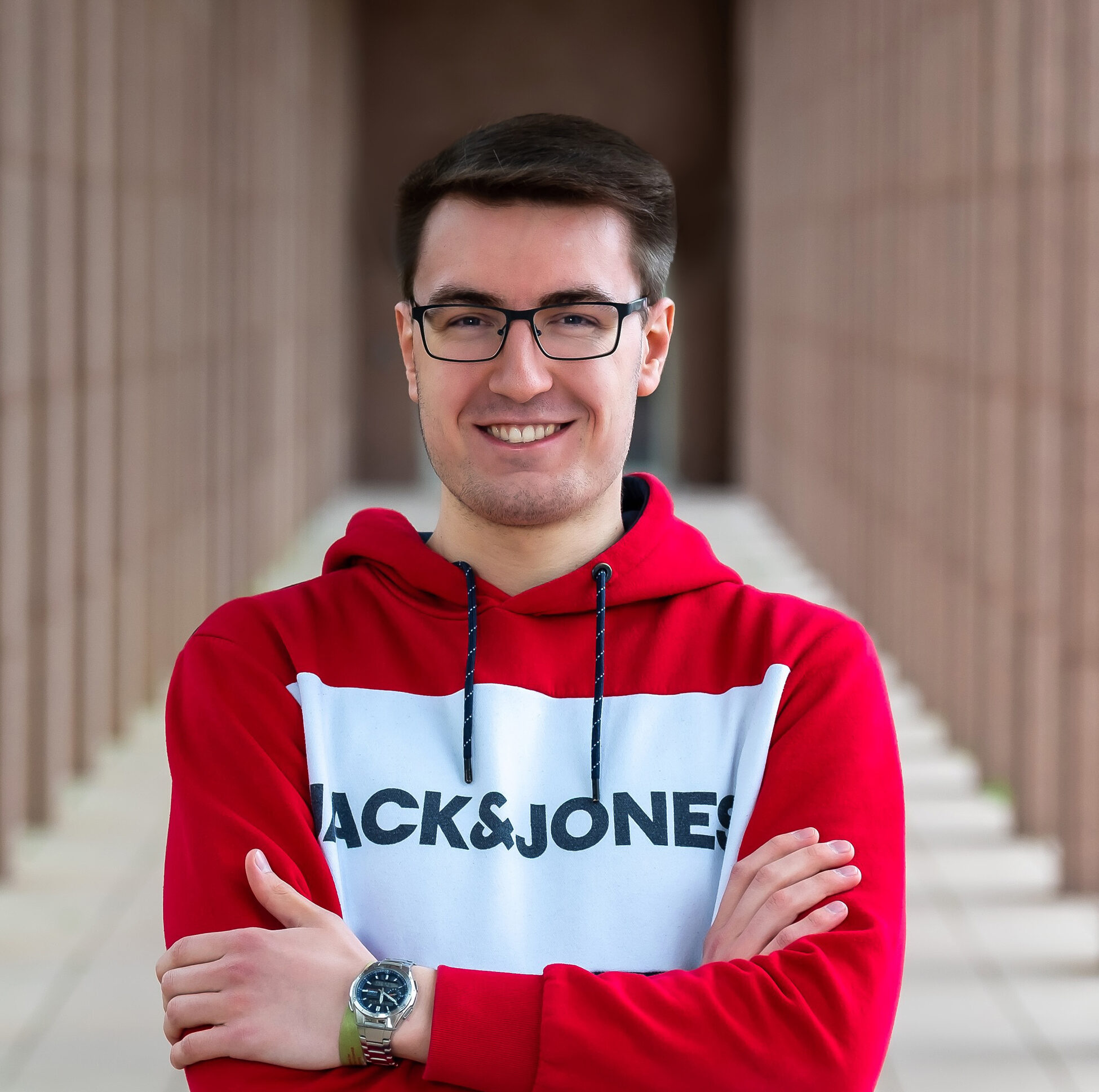
Christian Hildebrand
Nominated by: Prof. Martin Weissenborn
Contact: christian.hildebrand@student.uni-halle.de
Enzymes have become an object of interest in the chemical industry because they are very useful as catalysts (e.g. if a reaction is supposed to yield a product with a well-defined stereochemistry) and they also comply with all criteria of so called “green chemistry” (Paul Anastas, John Warner 1998). As a part of my bachelor’s thesis I will synthesize substrates which could be converted to products that are valuable precursors, for example in the synthesis of medication. These conversions to a hydroxylated compound will be performed with the help of enzymes as bio catalysts. The group of enzymes that I will use are called UPOs (unspecific peroxygenase). They use hydrogen peroxide to insert a hydroxy group into the substrate by a radical mechanism. I want to investigate how good the different UPOs carry out the reaction regarding yield and the stereochemistry of the desired products.
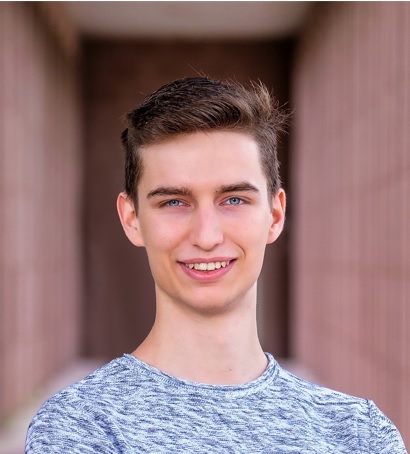
Johannes Kündiger
Supervisor: Prof. Dariush Hinderberger
Contact: johannes.kuendiger@student.uni-halle.de
From surfactants in detergents to emulsifiers in chocolate, those substances are playing a big role in everyday life. And as a student in food science, I strive to understand these from a different point of scientific view. This project is my chance to learn and enhance scientific skills and experience up close what it takes to research in a scientifically topic. I’m glad to be a part in the project as a BEAM talent and I’m looking forward to have a great time.
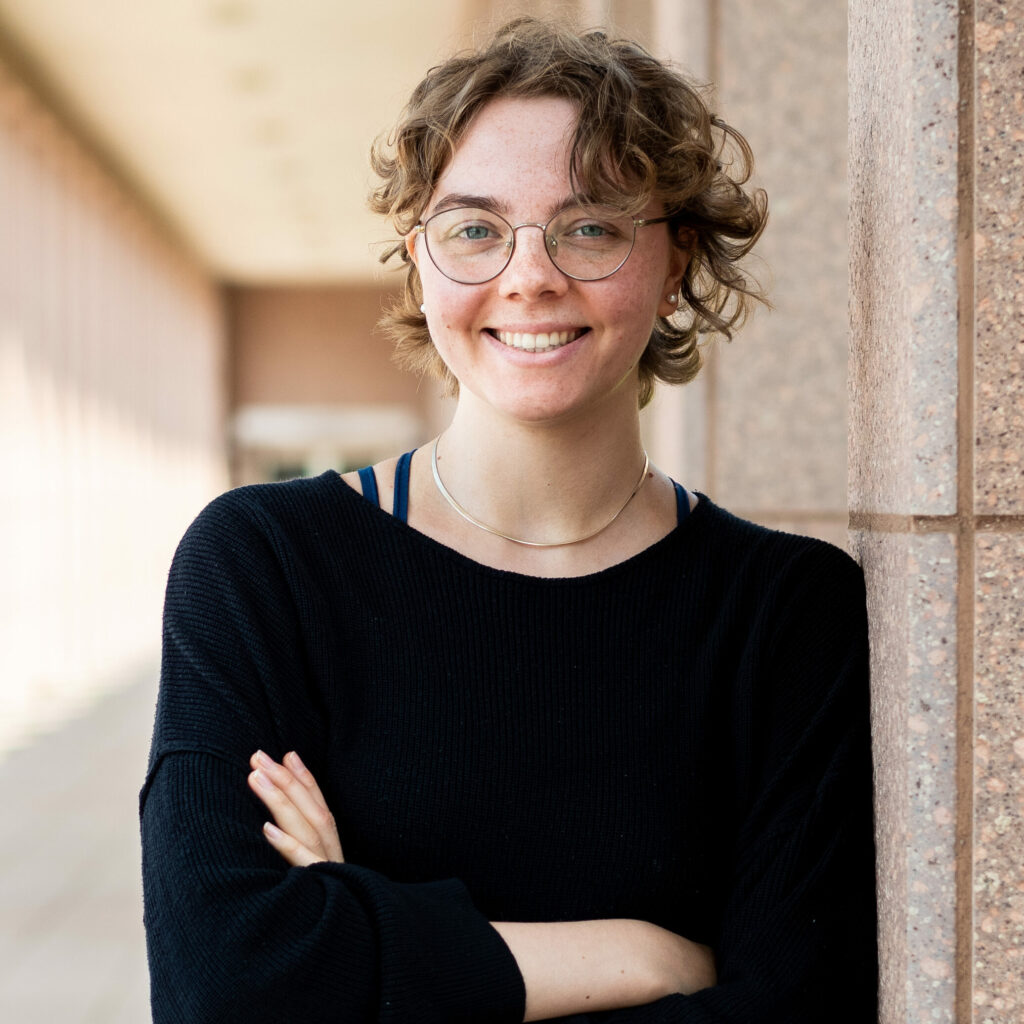
Katharina Schulz
Supervisor: Prof. Dariush Hinderberger
Contact: katharina.schulz@student.uni-halle.de
My interest in chemistry was initially aroused by daily phenonemons like the immiscibility of water and oil. Learning more about interactions of atoms and molecules I realized how important amphiphiles can be for fundamental knowledge about interactions in solution helping to create new materials and technologies based on their unique properties of hydro- and lipophilicity. Being a part of the RTG 2670, I am so happy and grateful to be able to continue research on amphiphiles and get access to amazing workshops and such a smart and kind network.
